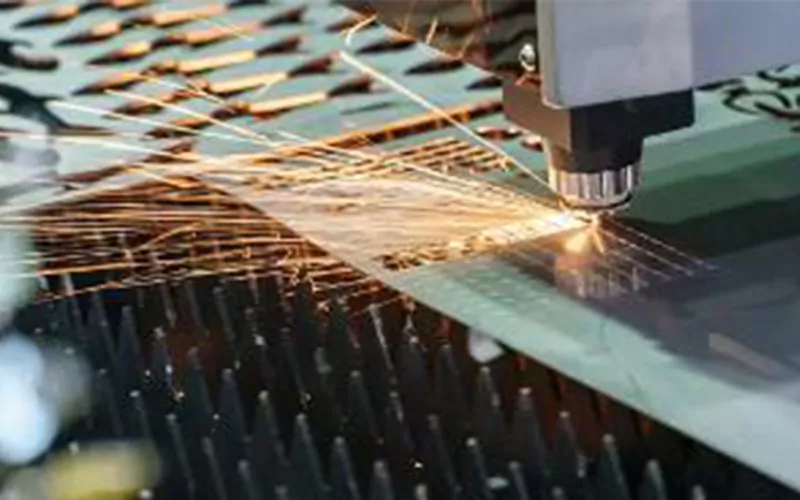Blog Information
- Posted By : Mohan Stowe
- Posted On : Dec 07, 2023
- Views : 83
- Category : Travel
- Description : Exploring the Precision and Efficiency of CNC Metal Fabrication Processes
Overview
- cnc metal fabrication
When it comes to manufacturing metal components, precision and efficiency are of utmost importance. This is where CNC metal fabrication processes shine. CNC, or Computer Numerical Control, has revolutionized the way metal fabrication is done, offering unparalleled accuracy and speed. In this article, we will delve into the world of CNC metal fabrication and explore its precision and efficiency.

The Advantages of CNC Metal Fabrication
CNC metal fabrication processes offer numerous advantages over traditional methods. One of the key benefits is the high level of precision that can be achieved. With CNC machines, intricate designs and complex geometries can be accurately reproduced, ensuring consistency and quality in the final product.
Furthermore, CNC metal fabrication processes are highly efficient. The use of computer-controlled machines eliminates the need for manual labor, reducing the risk of human error and increasing productivity. CNC machines can also operate continuously, allowing for uninterrupted production and faster turnaround times.
Exploring the Precision of CNC Metal Fabrication Processes
When it comes to precision, CNC metal fabrication processes are unparalleled. The use of computer-controlled machines ensures that every cut, bend, and weld is executed with utmost accuracy. This level of precision is especially crucial in industries such as aerospace and medical, where even the slightest deviation can have serious consequences.
One of the key factors contributing to the precision of CNC metal fabrication processes is the use of CAD (Computer-Aided Design) software. CAD software allows engineers to create detailed 3D models of the desired component, specifying every dimension and tolerance. These models are then translated into machine code, which guides the CNC machine in executing the fabrication process with utmost precision.
Another aspect that contributes to the precision of CNC metal fabrication processes is the use of advanced cutting tools. CNC machines can utilize various cutting tools, such as drills, mills, and lasers, each designed for specific applications. These tools can achieve incredibly fine cuts and intricate shapes, ensuring that the final product meets the exact specifications.
Exploring the Efficiency of CNC Metal Fabrication Processes
In addition to precision, CNC metal fabrication processes are highly efficient. The use of computer-controlled machines eliminates the need for manual intervention, reducing the risk of errors and increasing productivity. CNC machines can operate at high speeds and with great accuracy, resulting in faster production times and reduced costs.
One of the key factors contributing to the efficiency of CNC metal fabrication processes is the ability to automate repetitive tasks. Once the CNC machine is programmed, it can repeat the same process multiple times without any variation. This eliminates the need for manual labor and allows operators to focus on more complex tasks, further increasing efficiency.
Furthermore, CNC machines can operate continuously, 24/7, without the need for breaks or rest. This ensures uninterrupted production and faster turnaround times, which is especially beneficial for industries with high demand and tight deadlines.
Conclusion
In conclusion, cnc metal fabrication processes offer unparalleled precision and efficiency in the manufacturing of metal components. The use of computer-controlled machines, advanced cutting tools, and CAD software ensures that every detail is executed with utmost accuracy. The ability to automate repetitive tasks and operate continuously further enhances the efficiency of CNC metal fabrication processes. Whether it's aerospace, automotive, or any other industry, CNC metal fabrication is a game-changer that continues to push the boundaries of precision and efficiency.
References
